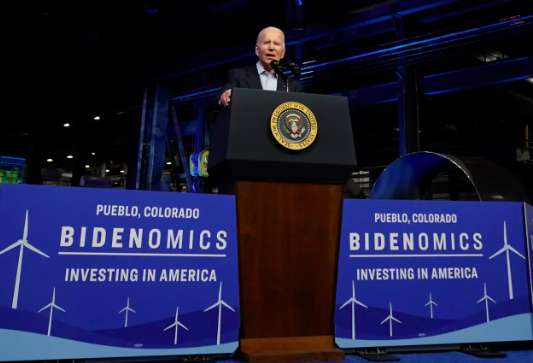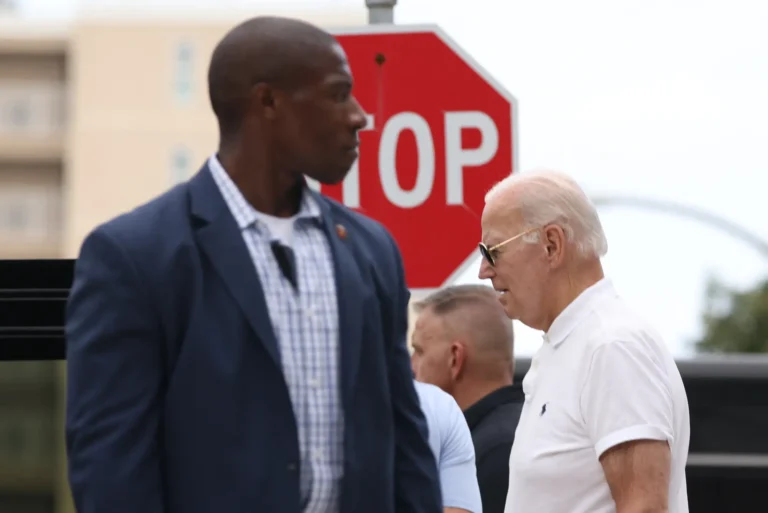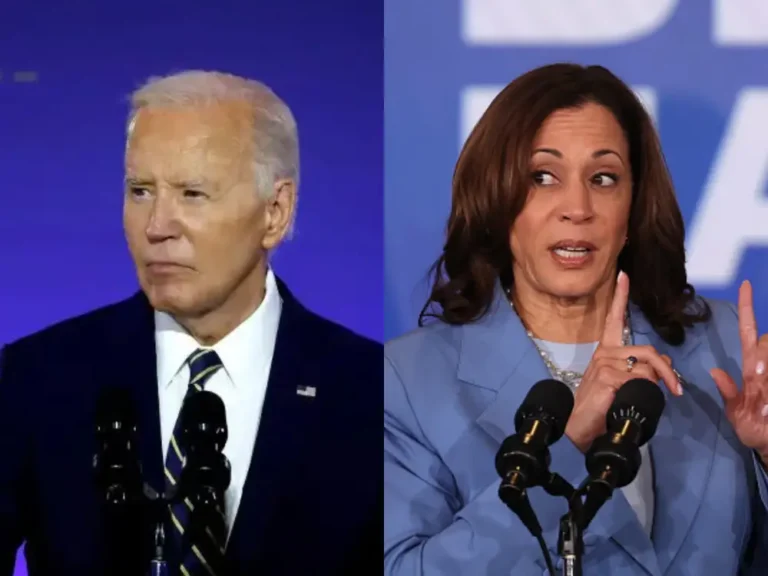Disengaged voters could be the key to Biden winning a second term. But they need to be convinced on the economy.

- A new poll shows Trump’s polling gains have been powered by voters who didn’t cast a ballot in 2020.
- The Times says these voters could stay home or return to Biden.
- Many of these voters actually lean Democratic, but they’ve drifted away from Biden over the economy.
President Joe Biden’s reelection chances could rest on the support of irregular and disengaged voters — a segment of the population who sat out the hotly-contested 2020 presidential race.
But Biden would have to convince these voters that his vision for the economy would ultimately work for them, as their lagging support for his campaign has given former President Donald Trump a major opening ahead of November.
A New York Times/Siena College poll released last month shows Trump’s polling gains have been powered by registered voters who didn’t vote in 2020. Among these so-called irregular voters, Trump had a seven-point advantage over Biden (43% to 36%) for the 2024 contest in the latest poll. And Trump held an overall one-point lead (46% to 45%) among registered voters, while Biden had a one-point lead over Trump among voters aged 18 to 29.
However, there’s no guarantee these voters will remain in Trump’s corner in November, the Times wrote. With many irregular voters splitting their tickets — which is already being seen as Democratic Senate candidates in swing states including Pennsylvania and Wisconsin are running ahead of Biden — Trump’s support among these disengaged voters could falter as partisan leanings sharpen closer to the election. Many of these less engaged voters could eventually support Biden or stay at home, said the Times.
A big issue for irregular voters appears to be the economy, the poll showed. Democratic-leaning irregular voters said they view the economy as either “poor” or “fair,” while Democratic voters who vote more regularly, described the economy as “good” or “excellent,” the report said.
This presents a challenge for Biden as he aims to bolster his economic message — especially among young voters and minorities who would generally be inclined to back him based on prior voting trends. In the 2020 election, Biden dominated among young voters aged 18 to 29, winning this group by 24 points over Trump, according to Pew Research.
But as recent data has showed, the 2024 race will be fought on much different terrain than the 2020 contest.






